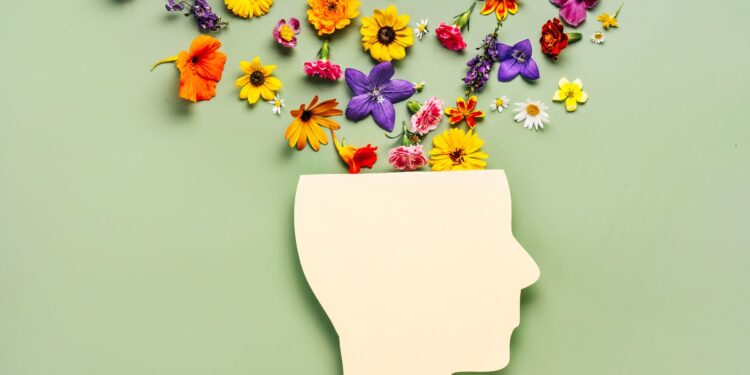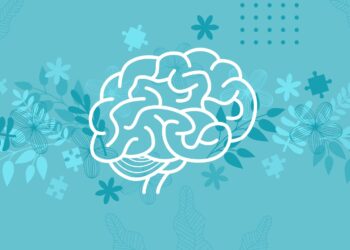In the struggle against mental health problems, which can be lonely at times, the power of connection and shared experience may give you hope. Group talks provide a distinctive and immensely effective approach for people to go through their mental health journeys, especially when they are conducted in a therapeutic or supportive context. These sessions are much more than simply chats; they establish an atmosphere of comprehension, acceptance, and group development that changes loneliness into community.
Promoting a Feeling of Community and Mitigating Isolation
The quick elimination of loneliness is the main advantage of group talks for mental health. It usually makes their mental health worse, which makes them feel even more alone in their pain when people are silent.
Hearing others share comparable feelings and struggle in a group situation immediately builds a sense of community. Mental health community discussions help to get the realization that “I’m not alone” is quite comforting and might be what helps you get well. The common experience makes a strong community where individuals feel understood, welcome, and less judged.
Acquiring Diverse Views and Coping Mechanisms
People from varied backgrounds, each with their own particular experiences and coping mechanisms, join together for group discussions. This range of opinions is a useful tool for learning and growing.
Members can share insights into their conditions, beneficial coping methods, and alternate views on challenging circumstances by sharing what has worked for them. This group problem-solving environment gives participants access to a wider range of tools and approaches for managing their mental health than they may discover on their own.

Developing Social and Communication Skills
A lot of people who have mental health problems find it hard to interact with others. Group talks are a safe and controlled way to improve your social and communication skills.
In that talk, members learn how to give and get constructive criticism and talk coherently. This exercise can boost confidence, which can lead to improved interactions with othersand stronger relationships when done in a supportive setting.
Getting and Giving Support and Empathy
Empathy is a restorative thing to do in groups, and it requires both giving and receiving it. When people talk about their flaws, their peers are kind and empathetic and really “get it.” This affirmation may be incredibly healing. The ability to assist others is also crucial.
Helping someone else overcome their difficulties might help them feel more purposeful and valuable; it shifts the focus from their suffering to positively impacting others’ well-being. This reciprocal empathy exchange helps to facilitate the healing process and enhance relationships.
Fostering Personal Development and Self-Awareness
Speaking with others about common experiences and getting their opinions might make you more self-aware. Hearing about others’ comparable experiences helps participants understand their thoughts and actions.
Self-reflection enables people to recognize their strengths and determine the causes of those emotions, which are frequently encouraged via facilitated conversations. This personal development enables individuals to make more thoughtful choices and navigate their mental health journey more deliberately.
Mental health community discussions are fundamentally transformative spaces where connection replaces isolation and vulnerability meets affirmation. They show the route to recovery and remind us that no one has to face their problems alone. Working together may lead to a full and permanent recovery.













Discussion about this post